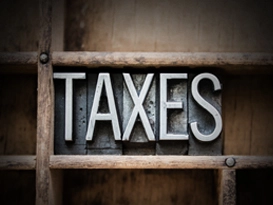Parliamentary sovereignty, it is one hugely debated area specially in context of GST. Let us understand that why the issue arises and whether actually it is an issue.
Earlier, the Parliament and the State Legislatures were exclusively competent to address and legislate the subjects which are earmarked for them. Now, these subjects have been combined to form a harmonised tax, namely GST. But the laws on GST, have to be enacted by the Parliament and State Legislatures upon the recommendations of GST Council. It is here, that the concept or rather the issue of parliamentary sovereignty comes into play.
It is a critique of GST Council, that it acts as a supra legislative institution, in so much so, that will guide the other legislative institutions as to how to make laws. But it is here, that the issue is actually an academic one. The issue is academic as the GST Council is only making recommendations. As the Finance Minister also described on the floor of the Parliament, it is actually not a case of loss of parliamentary sovereignty but a case of pooling of sovereignty.
What happens typically therefore, that Parliament and the State Legislatures have entrusted their discretion to give due deference to another Constitutional institution, which has representatives both from the Centre and the States and trust that the recommendations of GST Council are towards the guiding vehicles of harmonised national market and harmonised tax.
In a sense therefore, while the Parliament and the State Legislatures do act on the recommendations of GST Council, they continue to be exclusively competent to enact a law. Nonetheless, they act in tandem so as to ensure, that a larger purpose and the larger faith of the people in the Constitution is achieved.

